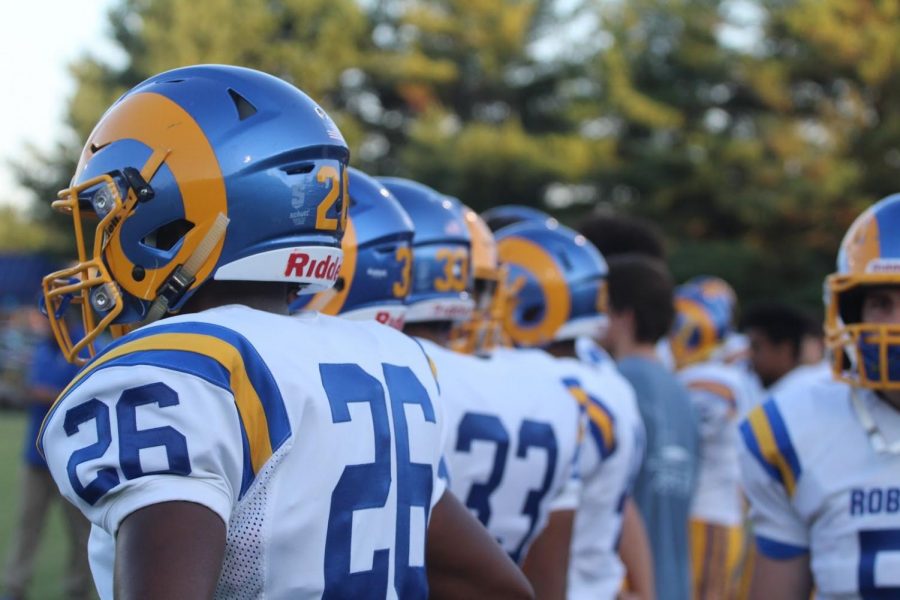In a classroom, the figure with authority is the teacher; no one will dispute this. However, their power can only go so far. In most high schools, the teacher is not the one to make decisions on curriculum; the county and its administrators makes these decisions. This goes even to the extent of major class projects, such as the monthly poll conducted in probability and statistics.
Recently, the probability and statistics class had planned to conduct a poll with a scientific and psychological look at sex in high schools. Even though members of the class offered to make an opt-out form for those who would not want to be a part of this poll, it was still cancelled by Principal Matt Eline. Eline was acting completely within his authority when he cancelled this poll, as it has been a longstanding custom at the school for teachers to gain administrative approval before addressing sensitive topics. Eline made the decision he thought appropriate for the situation.
Eline’s decision to cancel the poll reflects his sensitivity to possible parent objections and his desire to protect younger students from hearing about sex before their parents deem them ready. Eline’s point is valid in a scenario where a majority of the students in the school have not learned this kind of information, but the majority of the population in the school has gone through some form of class which educates on the subject, such as mandatory health classes. Regardless of his intentions, Eline was empowered to make his overriding judgment call about what and how students would learn.
And why wouldn’t Eline use the power given to him? There is no main source of opposition; Virginia is a right-to-work state, meaning that any person working in Virginia is not obliged to join a union. While this may be a positive in some aspects, it means the unions in the state are generally a lot weaker. These weaker unions do not have the same bargaining power that unions in unionized states have. This means that if there was a teacher who wanted to fight against the decision Eline made, they would not have the same amount of power as a teacher in a unionized state. It also means that if a teacher was to get fired, they still would not have the same power to fight against the loss of their job. These two factors combined lead to an atmosphere of compliance and acceptance. When Eline made his final decision, there was close to no opposition to what he decided.
All this being said, Eline, or any high school principal, should not be given this authority. The students of the school, and the county for that matter, are supposed to be learning skills that will serve them later in life. The students in probability and statistics are not only trying to learn how to take a poll, they are trying to learn the skills which will serve them later in life, like how to deal responsibly with a topic of controversy. The students in the Probability and Statistics class should not be hamstringed by a policy, formal or informal, that panders to not offending the smallest percentage of the school. The individual teachers of their classes should have the authority to make these decisions without the interference of administrators.
Considering there are a few students at the school who could find this offensive, there are reasons to be cautious, but any policy comes at a cost. Should the school have a policy that ensures it does not offend a small percentage, while hampering other students who are trying to do their best to learn in class? The answer should be obvious. The school needs to be doing everything it can to ensure every student is taught to the highest level, and this practice is not allowing that to happen. There is no need to sacrifice the education of the majority to not offend the minority.




